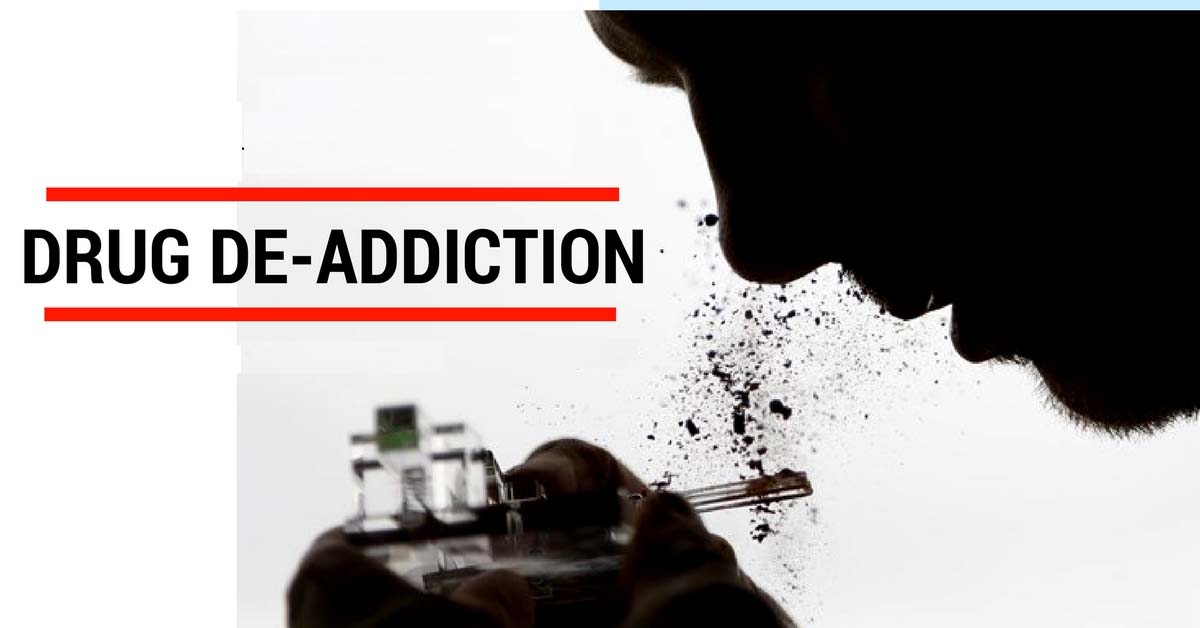Excelsior Correspondent
Srinagar, Sept 27: About 25, 000 persons from Kashmir are drug addicts in the State, Health Department census and survey have revealed.
In its compliance to the High Court order, the Financial Commissioner Health and Medical Education Department through Under Secretary of the Department has placed before the Court the action plan regarding the ‘Drug De-addiction and Rehabilitation Centers’ in the State.
The Division Bench of High Court in the matter on previous hearing had directed the State Government to place before it the ‘plan of action’ with regard to the details of the census and number of drug addicts needing assistance.
Since the drug abuse in the State is on high stage and the issue is of very serious in nature, the Department has mentioned. It said that the substances which are being used by drug addicts are Alcohol, Cannabis, Opioid, Sedatives, Cocaine, Amphetamine Type Stimulants, inhalants and Hallucinogens as addiction. The action plan to control the menace of drug abuse has been formulated by the department.
Authorities are going to upgrade the drug de-addiction centers of Government Medical College Srinagar and Jammu in terms of infrastructure and manpower to enhance the care level and provide linkage to the community.
It is also planned to establish the drug de-addiction centers in SKIMS MCH and all Medical Colleges in the State. “To enhance the de-addiction treatment services in all district hospital having a psychiatrist and providing manpower to the psychiatrist through District Mental Health Programme for running de-addiction services efficiently”, read the of report.
It is also proposed that to utilize the mass media in spreading awareness across schools by making and broadcasting movies and internet based informative videos and to sensitize the people of all walks about the substance use. NDPS Act is to be implemented in letter and spirit and any amendment needed in view of the changing trend of substance use including solvents and synthetic drugs which are not currently covered in the said Act.
“To regulate the content on the internet and curbs on glamorizing the substances of abuse like smoking, alcohol, cannabis etc and to change the modus operandi of creating availability of substance abuse, the controlling agencies need to re-orient their modus operandi to counter balance the availability of substances”, mentioned the action plan report.
It planned to include screening of substances of abuse in school health check-up camps, particularly in case of the adolescents and to introduce self help communities on the lines of narcotics Anonymous and Alcoholics anonymous across the State.
Department is also planning to include de-addiction treatment period like any other medical condition in the medical insurance and medical leave benefits. “To make available resources for data collection and research in the de-addiction centers as knowledge facilitates development of evidence-based treatment protocols which is a key in control of this menace”, the department report said.
The drug de-addiction policy has already been formulated by the Institute of Mental Health & Neurosciences, Kashmir in collaboration with department of Psychiatry, SKIMS Medical College, Srinagar and approved by the SAC after threadbare discussion on it.
The Central Government has to report to the Court with regard to release of funds to the State Government for establishment of drug de-addiction centers in the State. Under the policy, the State Government is required to establish 23 drug de-addiction centers across the State.
Some features of the policy are recommendation of model de-addiction centers provides as Registration and documentation, outpatient treatment, inpatient, emergency services including ambulance services, dispensing of medications, psychosocial interventions, laboratory services, consultation with RNTCP & NACO, record maintenance and Service audit systems, training of other medical staff from primary and secondary care levels, De-addiction Centers at the Medical College level which should provide harm reduction services wherever indicated.
Further the staff for model de-addiction centers has also been provided, which at minimum must be manpower with a Psychiatrist from MCI recognized institution, a clinical Psychologist with RCI recognized degree, a Social Worker, a nurse, a Pharmacist etc.
Monitoring Committee for implementation of the policy will be a State level committee headed by the Chief Secretary and will have Administrative Secretary of the department of H&ME as the Vice Chairman and Administrative Secretaries of Law, Education, Social Welfare, Youth Services & Sports, Director SKIMS, IG Crime and Excise Commissioner will be its members.
Trending Now
E-Paper


